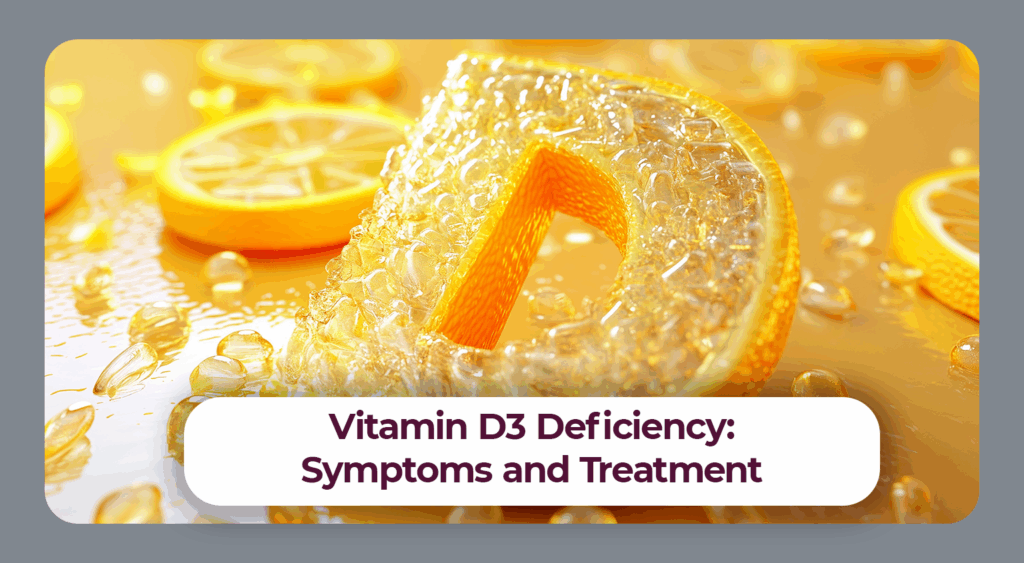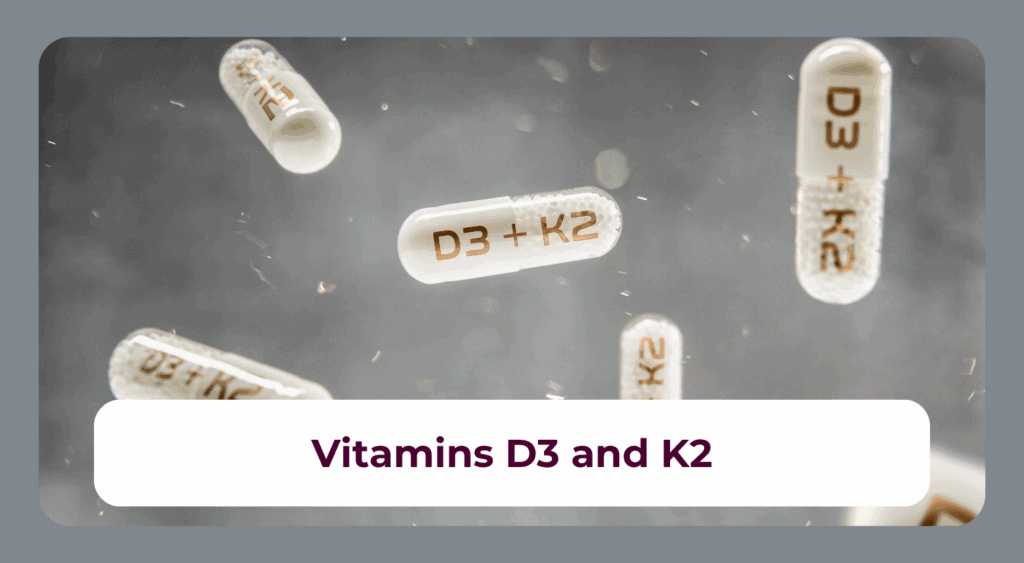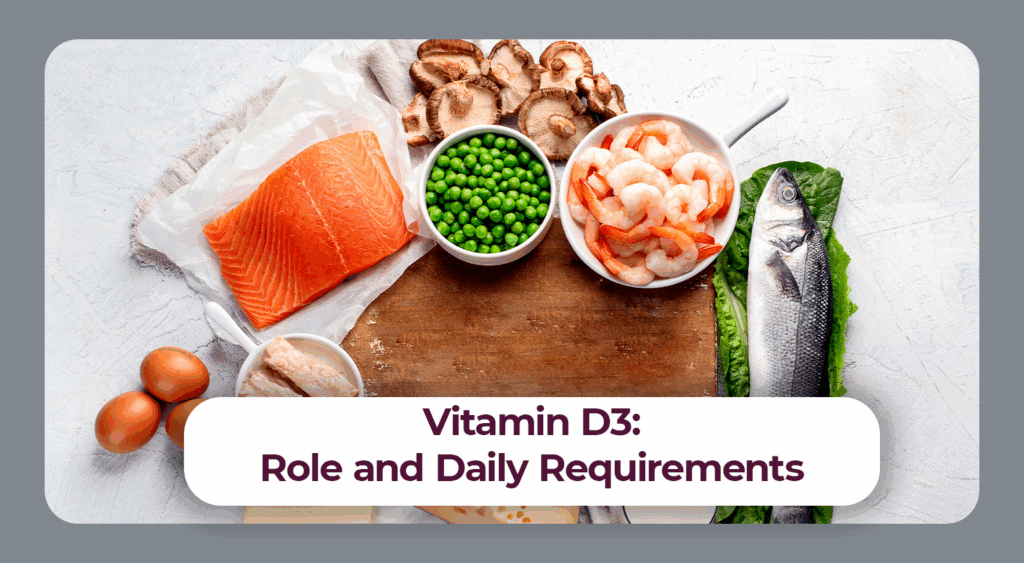Latest Blog
Phytosterols are secondary plant compounds primarily found in fat-rich plant parts such as nuts, seeds and vegetable oils. Regular intake in adequate amounts can help reduce high cholesterol levels.

All Blog Posts
Phytosterols are secondary plant compounds primarily found in fat-rich plant parts such as nuts, seeds and vegetable oils. Regular intake in adequate amounts can help reduce high cholesterol levels.
Omega-3 fatty acids do not have a significant effect on cholesterol levels. However, they can improve the overall blood lipid profile and thus make an important contribution to supporting heart
Zinc is a vital trace element. The body cannot produce the nutrient itself and can only store limited amounts of it. Therefore, it is important to meet your daily requirement
If the body lacks vitamin D3, this is noticeable with numerous deficiency symptoms. Possible symptoms of a persistent vitamin D3 deficiency include increased susceptibility to infections and muscle weakness.
Vitamins D3 and K2 complement each other. Especially if you take a high-dose vitamin D3 supplement, a combination with vitamin K2 is recommended to minimize the risk of calcium deposits
Vitamin D or vitamin D3 has many important functions. Among other things, it is indispensable for bone and tooth mineralization. The body needs sunlight to be able to produce the






